Neanderthals And People Were War for More than 100,000 Years, Evidence Shows
Ancient Life Exists?
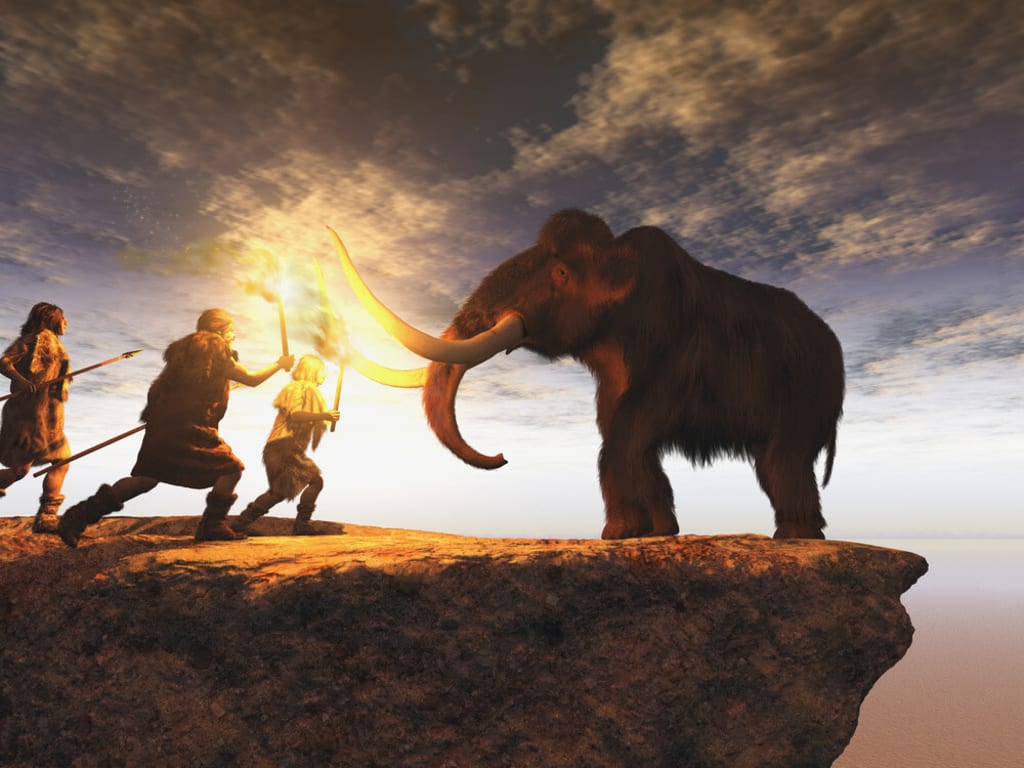
Neanderthals And People Were War for More than 100,000 Years, Evidence Shows
Around 600,000 decades back, humanity split in two. One group stayed in Africa, turning into us. They were not our ancestors, but a sister species, evolving.
Neanderthals fascinate us because of the things they tell us about ourselves -- who we were and that we might have become. It's tempting to see them in idyllic terms, living peacefully with nature and every other, such as Adam and Eve in the Garden.
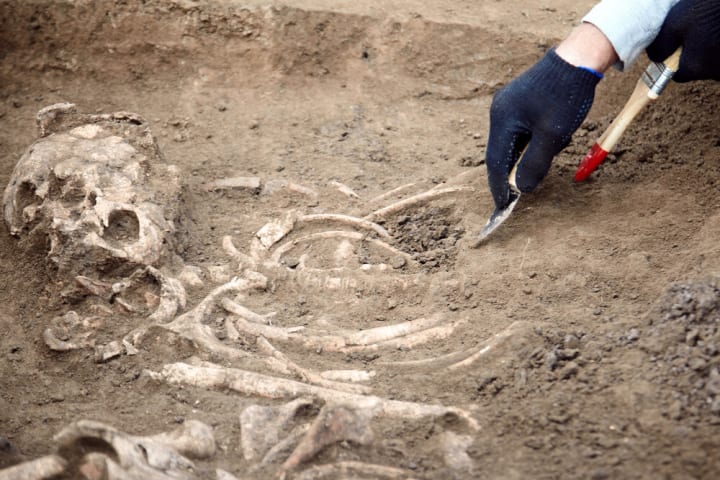
If so, perhaps humankind's ills -- notably our territoriality, violence, wars -- are not inherent but modern creations.
Biology and paleontology paint a darker picture. Far from calm, Neanderthals were probably skilled fighters and dangerous musicians, rivaled only by modern people.
Top predators
Predatory land mammals are territorial, particularly pack-hunters. These predators, sitting atop the food chain, have few predators of their own, so overpopulation drives conflict over searching grounds. Neanderthals confronted the same problem; if other species didn't control their numbers, the conflict would have.
This territoriality has deep roots in humans. Territorial conflicts are also intense in our nearest relatives, chimpanzees. Man chimps routinely gang up to attack and kill men from rival bands, a behavior strikingly like human warfare.
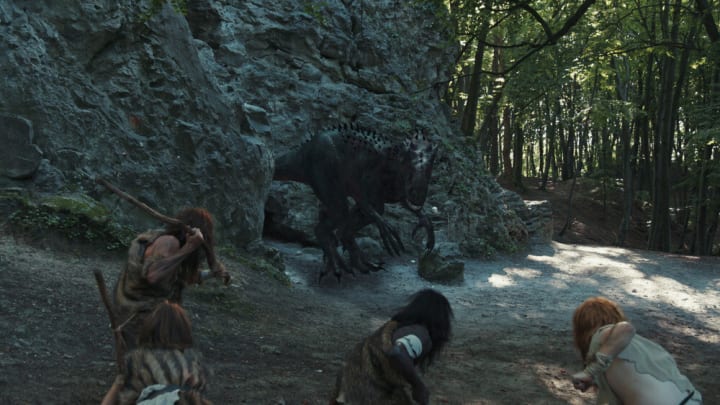
This suggests that cooperative aggression evolved in the common ancestor of chimps and ourselves, 7 million years ago. If that's the case, Neanderthals will have inherited these same tendencies towards cooperative aggression.
All too human
War isn't a modern invention but an ancient, basic part of our humanity. Historically, all peoples warred. Our earliest writings are full of war stories. Archaeology reveals ancient fortresses and conflicts and websites of ancient massacres going back millennia.
To war is human -- and Neanderthals were really like us. We are remarkably similar within our skull and skeletal anatomy and share 99.7 percent of our DNA.
Behaviourally, Neanderthals were surprisingly like us. They created a fire, buried their dead, fashioned jewelry out of seashells and creature teeth, made artwork and rock shrines. If Neanderthals shared so many of our creative instincts, then they likely shared many of our destructive instincts, also.
Violent lives
The archaeological record confirms. Neanderthal lifestyles were anything but calm.
Neanderthalensis were skilled large game hunters with spears to shoot down deer, ibex, elk, bison, even rhinos and mammoths. It defies belief that they would have hesitated to use these weapons if their families and lands were threatened. Archaeology suggests such battles were trivial.
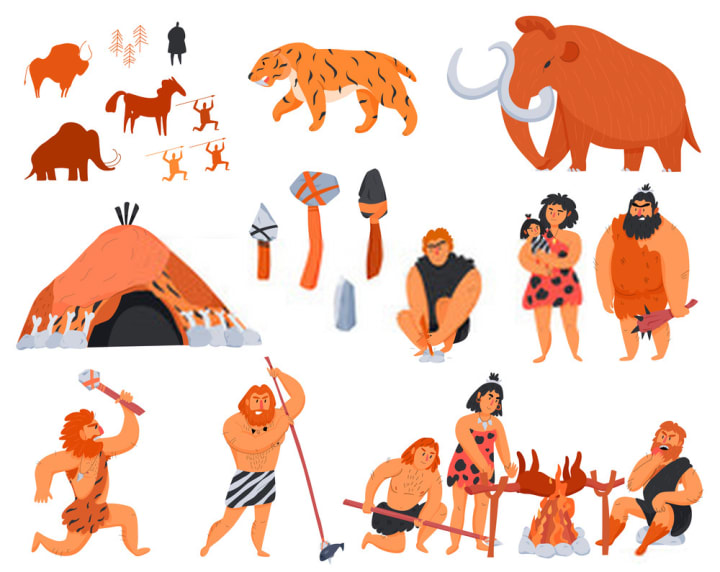
Prehistoric warfare leaves telltale signals. A club to the mind is an efficient way to kill -- clubs are quick, strong, accurate weapons -- so ancient Homo sapiens frequently show trauma into the skull. So also, do Neanderthals.
Another indication of warfare is that the parry fracture, a fracture to the lower arm caused by warding off blows. Neanderthals also reveal a lot of broken arms. At least one Neanderthal, from Shanidar Cave in Iraq, was impaled by a chest's spear.
Trauma was especially common in young Spartan men, as were deaths. Some injuries could have been sustained in searching. Still, the patterns match those called for the people engaged in intertribal war - small-scale but intense, protracted conflict, wars ruled by guerrilla-style raids and ambushes, together with rarer battles.
The Neanderthal resistance
War leaves a subtler mark in the form of territorial boundaries. The best evidence that Neanderthals fought excelled at war is that they met us weren't immediately overrun. Instead, for approximately 100,000 decades, Neanderthals resisted modern human growth.
Why else would we take so long to depart Africa? Not since the environment was aggressive, but since Neanderthals were thriving in Europe and Asia.

It's exceedingly unlikely that modern people fulfilled the Neanderthals and chose only to live and let live. If nothing else, people's expansion inevitably compels humans to obtain more land to ensure sufficient territory to hunt and forage food for their kids.
However, an aggressive military strategy is also a good evolutionary strategy.
Instead, we have to have tested their fighters for thousands of years, and for centuries, we kept losing. In weapons, tactics, strategy, we're fairly evenly matched.
Neanderthals probably had tactical and strategic advantages. They had inhabited the Middle East for millennia, doubtless gaining intimate knowledge of the terrain, the seasons, the way to live from the indigenous plants and creatures.
In battle, their enormous, muscular builds should have made them catastrophic fighters in close-quarters combat. Their enormous eyes likely gave Neanderthals superior low-light vision, letting them maneuver in the dark to get ambushes and dawn raids.
Sapiens victorious
Finally, the stalemate broke, along with the wave shifted. We do not understand why. It is possible the creation of superior ranged firearms -- bows, spear-throwers, casting clubs -- allow lightly-built Homo sapiens harass the stocky Neanderthals in a space using hit-and-run tactics.
Or maybe better searching and gathering techniques let sapiens feed bigger tribes, creating numerical superiority in conflict.
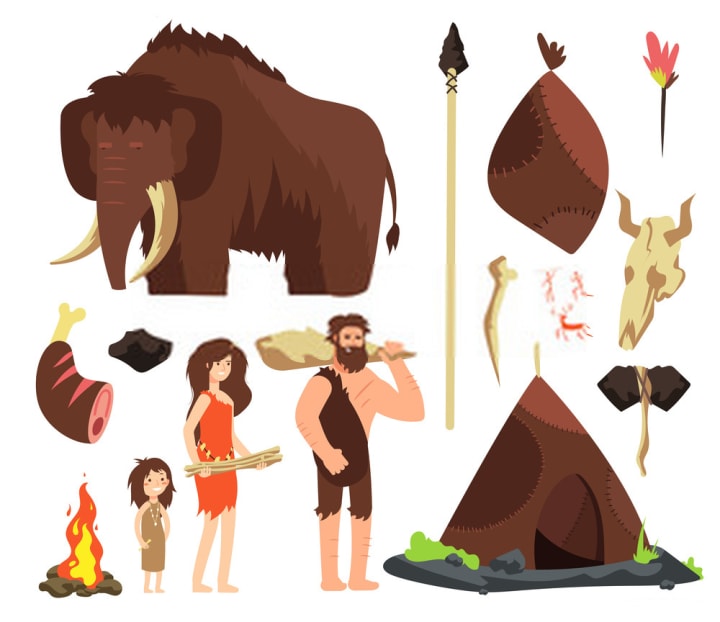
Even after primitive Homo sapiens broke out of Africa 200,000 years ago, it took over 150,000 years to conquer Neanderthal lands. Back in Israel and Greece, archaic Homo sapiens took earth simply to drop back against Neanderthal counteroffensives, prior to the last offensive by modern Homo sapiens, starting 125,000 years ago, eliminated them.
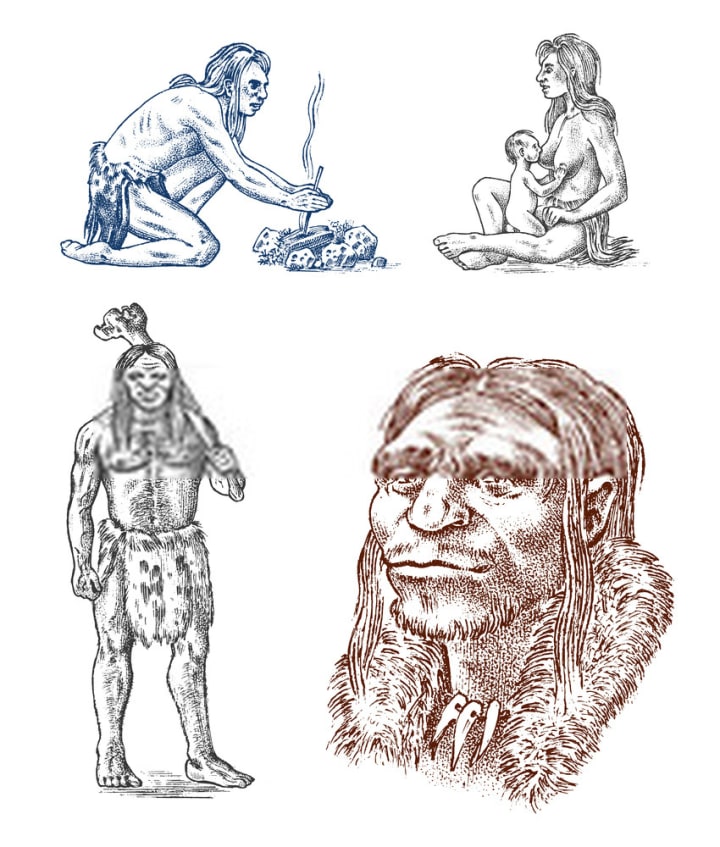
This was not a blitzkrieg, as one might expect if Neanderthals were either pacifists or poor warriors, but a long war of attrition. But this was not because they were less likely to fight. In the end, we likely just became better at war than they were.






Comments
There are no comments for this story
Be the first to respond and start the conversation.